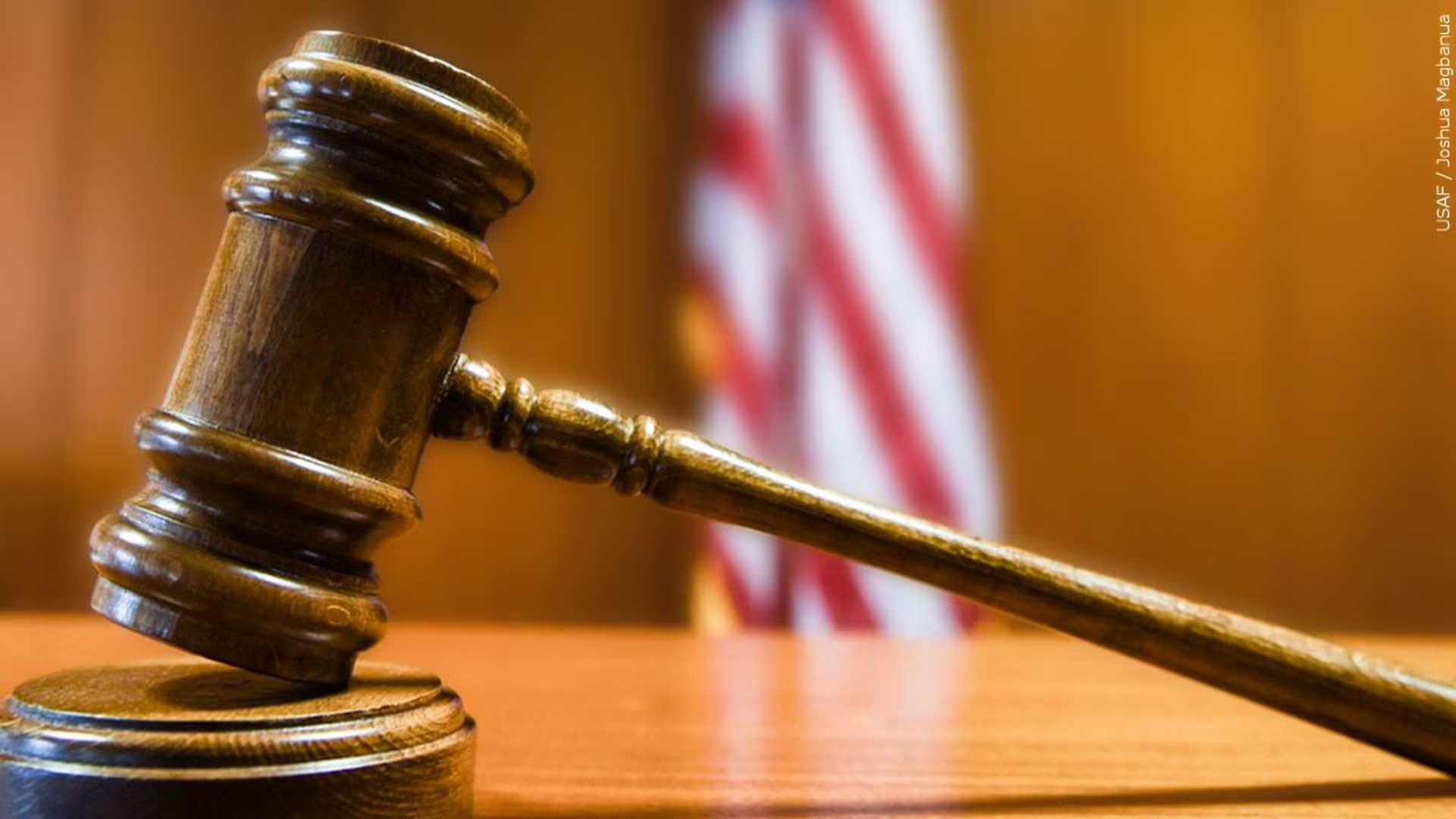South Carolina’s New Judicial Reform Law Takes Effect, Brings Structural Changes
COLUMBIA, S.C. — New changes to how judges are selected in South Carolina officially took effect this week, marking a significant shift in one of the most criticized aspects of the state’s legal system.
South Carolina is one of only two states where the legislature elects judges — a process that critics have long argued creates conflicts of interest when lawyers who also serve as lawmakers are involved in electing judges. These concerns have fueled public distrust in the court system for years.
Judicial Reform Law Brings Incremental Changes
The reform stems from a law signed by Gov. Henry McMaster over a year ago. While the general structure remains — the legislature still selects judges — key adjustments aim to boost transparency and fairness in the process.
Representative Micah Caskey, R-Lexington and chair of the Judicial Merit Selection Commission (JMSC), noted the law does not overhaul the system entirely but introduces “incremental improvements” aimed at restoring public trust.
Key Changes to the JMSC and Selection Process
Among the changes:
-
The JMSC expands from 10 to 12 members, giving Gov. McMaster the power to appoint four members — his first direct role in the judicial selection process.
-
Term limits are now in place for commission members, and most current members are barred from continuing on the revamped panel.
-
However, lawyer-legislators can still serve on the JMSC, a provision that critics had hoped would be eliminated.
Additionally, the number of judicial finalists the JMSC can advance has increased from three to six, allowing lawmakers more choices and time for review before voting begins in the spring.
Caskey stated that raising the cap will help eliminate any perception of favoritism in the process:
“Any question or concern that there might be some gaming of the system to benefit a preferred candidate, I think that goes away when you raise the cap.”
These changes were highlighted in a report by WCSC News, which also noted the Governor’s expanded role.
Governor Pushes for Deeper Reform
Despite signing the law, Gov. McMaster expressed that these changes are only a start. In a letter to lawmakers, he emphasized the need for further reform, especially around:
-
Magistrate judges, who were not addressed in the bill and are still selected by local senators.
-
Limiting the legislature’s influence over the screening process entirely.
“The magistrates’ court is where most of the legal business in the state is done,” McMaster said last summer. “Most people don’t ever see the inside of a circuit court or sometimes family court.”
First Elections Under New Rules Coming in 2026
Applications for new judicial seats will open later this summer. Candidates will be reviewed by the updated JMSC in the fall, with first elections under the new rules scheduled for spring 2026.
Gov. McMaster also named his four inaugural appointees to the revamped JMSC:
-
Mary Agnes Hood Craig of Charleston
-
Peter Protopapas, Joseph Strickland, and Lanneau Lambert, all from Columbia
The full effectiveness of these changes may not be clear until the next legislative session, as no follow-up legislation received a hearing this year.
What are your thoughts on South Carolina’s judicial selection system? Should voters, lawmakers, or independent panels choose our judges? Share your views with us at SaludaStandard-Sentinel.com.







